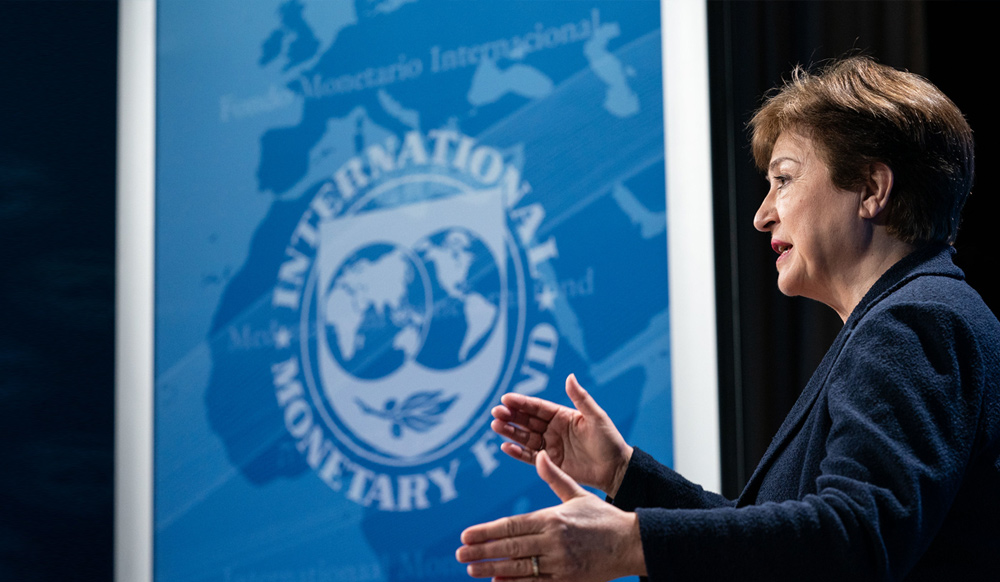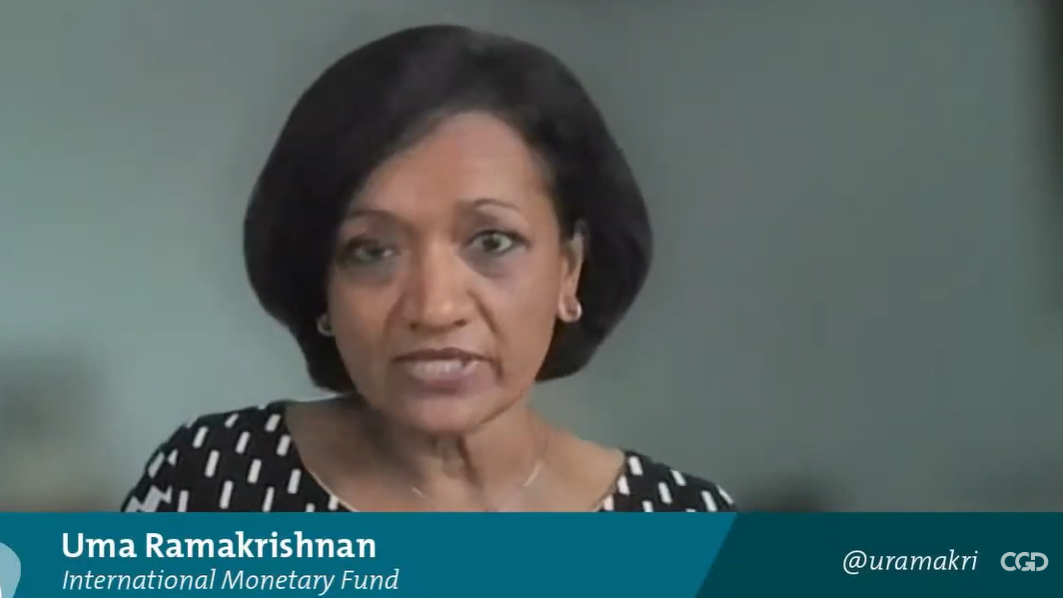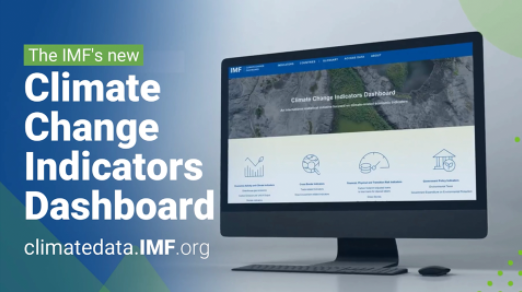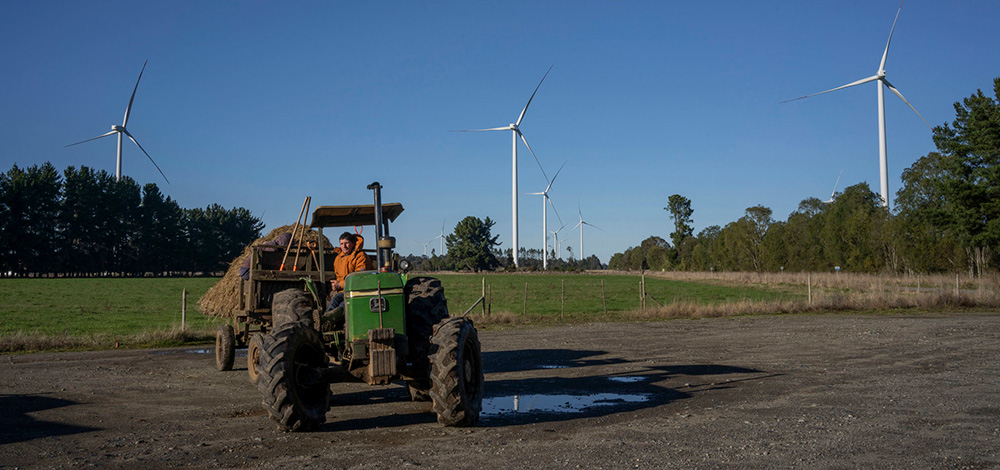
Resilience and Sustainability Trust
The IMF’s Resilience and Sustainability Trust (RST) helps low-income and vulnerable middle-income countries build resilience to external shocks and ensure sustainable growth, contributing to their longer-term balance of payments stability. It complements the IMF’s existing lending toolkit by providing longer-term, affordable financing to address longer-term challenges, including climate change and pandemic preparedness.
Current RSF Arrangements
| Country Name | Approved access (SDR million) | Approved access (% of quota) | Approval Date |
|---|---|---|---|
| Bangladesh | 1000 | 94 | 1/30/2023 |
| Barbados | 142 | 150 | 12/7/2022 |
| Benin | 149 | 120 | 12/14/2023 |
| Cabo Verde | 24 | 100 | 12/11/2023 |
| Cameroon | 138 | 50 | 1/29/2024 |
| Costa Rica | 554 | 150 | 11/14/2022 |
| Cote d'Ivoire | 976 | 150 | 3/15/2024 |
| Democratic Republic of Congo | 800 | 75 | 1/15/2025 |
| Egypt | 1000 | 49 | 3/10/2025 |
| The Gambia | 47 | 75 | 6/18/2025 |
| Jamaica | 574 | 150 | 3/1/2023 |
| Jordan | 515 | 150 | 6/25/2025 |
| Kenya | 407 | 75 | 7/17/2023 |
| Kosovo | 62 | 75 | 5/25/2023 |
| Madagascar | 244 | 100 | 6/21/2024 |
| Mauritania | 193 | 150 | 12/19/2023 |
| Moldova | 129 | 75 | 12/6/2023 |
| Morocco | 1000 | 112 | 9/28/2023 |
| Niger | 99 | 75 | 7/5/2023 |
| Pakistan | 1000 | 49 | 5/9/2025 |
| Papua New Guinea | 197 | 75 | 12/11/2024 |
| Paraguay | 302 | 150 | 12/19/2023 |
| Rwanda | 240 | 150 | 12/12/2022 |
| Senegal | 243 | 75 | 6/26/2023 |
| Seychelles | 34 | 150 | 5/31/2023 |
| Tanzania | 597 | 150 | 6/20/2024 |
Highlights
-
Through its Resilience and Sustainability Trust (RST), the IMF plays an increasingly important role in helping countries with limited room in their budget address long-term challenges, including climate change. (April 24, 2023)
-
Policy Paper: 2022 Contribution Agreements with Australia, Canada, China, Germany, Japan, And Spain
-
The Resilience and Sustainability Trust: A Dialogue with Countries (December 13, 2022)
-
IMF Executive Board Approves Establishment of the Resilience and Sustainability Trust (April 2022)
-

-

Learn More
FAQs
Blogs
Data
RST Funding Status
-
(as of July 28, 2025)1/
In SDR billions In USD billions Total pledges 35.8 48.9 of which: contribution package with loan resources 2/ 30.0 41.0 Contributions received 3/ 34.2 46.7 of which: contribution package with loan resources 28.6 39.1 Australia 0.93 1.27 Belgium 0.67 0.91 Canada 1.39 1.90 China 6.00 8.20 France 3.05 4.17 Italy 1.92 2.63 Japan 4.99 6.82 Korea 0.90 1.23 Lithuania 0.08 0.12 Luxembourg 0.25 0.35 Malta 0.02 0.03 Mauritius 0.01 0.02 Netherlands 2.91 3.97 Oman 0.04 0.05 Qatar 0.05 0.07 Spain 2.90 3.96 United Kingdom 2.50 3.42 of which: standalone contribution 2/ 5.60 7.65 Estonia 0.03 0.03 Germany 5.06 6.91 Switzerland 0.50 0.68 United Arab Emirates 0.01 0.02 1/ Where relevant, FX rates as of July 28, 2025.
2/ The fundraising target of SDR 33 billion was set for contribution packages that provide resources to all three RST accounts (loan, deposit, and reserve accounts). A 'standalone contribution' refers to contributions to the deposit and/or reserve accounts, normally with a maturity of 10 years.
3/ Contribution packages with effective agreements are reported as received once their deposit and reserve contributions have been both disbursed to the RST. Standalone contributions with effective agreements are reported as 'received' once they are disbursed.








